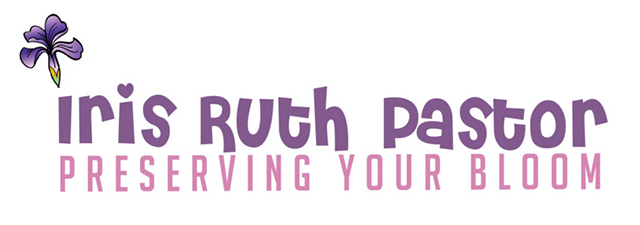I realize that some of my readers have views in contrast to mine. In all due respect, I submit the following:
I am not proud to say this, but ever since the election I have stopped watching the news. I am concentrating on cleaning closets, rigidly following my to-do list and nesting with great intensity. While driving, I have switched from NPR to classical music. And at home, I rely on Pandora from my phone as background noise, not the 24hour news stations normally providing backdrop.
I know there is a danger in this break-up, but I need a pause. There is a term for this turning inward: internal emigration. Instead of dealing with political reality, I am directing my attention elsewhere – into such things as self-improvement and home enhancement. My Amazon orders of candles has increased exponentially, as has my visiting the nearby plant shop to purchase an overabundance of philodendron – the one plant I don’t seem to kill.
I feel guilty, about my withdrawal, of course, and suppose one day I will return to avidly following politics and presidential activities. And when I do, I have promised myself to be more aware of innate biases that can impact my judgments and interactions with the world.
There are many. Here are a few:
Confirmation bias is the tendency to search for, interpret and remember information in a way that confirms with one’s existing beliefs. In politics, a person who strongly supports a particular political party may predominantly watch news channels or follow social media accounts that align with their views, while regarding opposing viewpoints with skepticism, thus reinforcing their existing beliefs.
Bandwagon effect bias is the tendency for people to adopt a particular belief or behavior because they perceive that many others are doing the same – reflecting a desire to conform. In politics, when polling data shows a particular candidate leading significantly, many voters may begin to support that candidate simply because they perceive them as the likely winner and they want to align themselves with a successful campaign.
Ingroup bias is the tendency to favor the members of one’s own group over those in other groups. In politics, one would support policies that align with their own political party, even in the face of contradictory evidence, and to criticize the opposing party more harshly than their own.
Optimism bias is the tendency of individuals or groups to believe that future events will turn out better than they realistically might. An example would be a political candidate who promises significant economic growth and job creation, but who does not adequately address potential obstacles and challenges.
Anchoring effect bias is the tendency to rely heavily on the first piece of information encountered on a particular topic when making decisions even if that information is misleading or irrelevant.
These biases also play out socially too. So, if you are also doing a deep dive into isolation after the election, be aware of these too when you decide to re-surface.
Confirmation bias in a social context: An example would be a person looking to the news media or social media to support his belief that a vegan diet is the healthiest way to eat. That may result in that person ignoring or dismissing any research or personal accounts suggesting the potential downsides of a strict vegan diet.
Ingroup bias in a social context: Best observed in sports fandom. Fans exhibit strong loyalty and support for their team and readily accept negative comments about the opposing team. (OMG! In my family the OSU-Michigan rivalry fits the bill perfectly – GO BUCKS!!!!)
Bandwagon bias in a social context would be adopting a particular style or brand of an item based on perceived popularity rather than personal choice, reflecting a desire to confirm. Think of your choice of sneakers. I got hooked on Hoka that way.
Optimism bias in a social context may be the tendency to expect things like planning a wedding to turn out well – leading to less preparation and attention to detail and therefore not having as seamless as an outcome.
Anchoring effect bias in a social context can occur when a group of friends are discussing where to go out for dinner. One friend suggests a highend restaurant that has a reputation for being expensive. This initial suggestion serves as an anchor for the group’s thinking. If another friend proposes a more moderately priced restaurant, the group may perceive it as more reasonable even if the moderately priced restaurant is still above their usual budget.
Time to go listen to Bach and water my plethora of philodendron.
Keep Preserving Your Bloom,

PS This is my first rodeo with using AI (Artificial Intelligence) for definitions and examples. And I must say, IT’S AWESOME!
